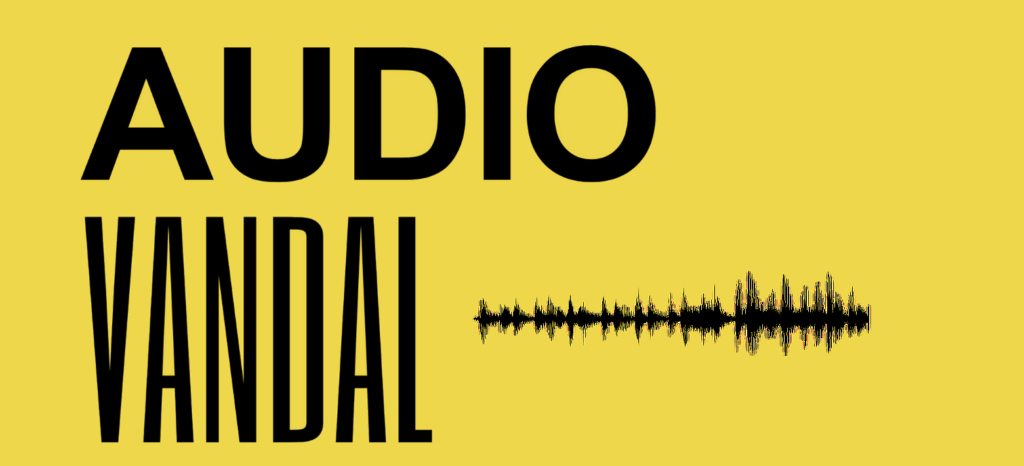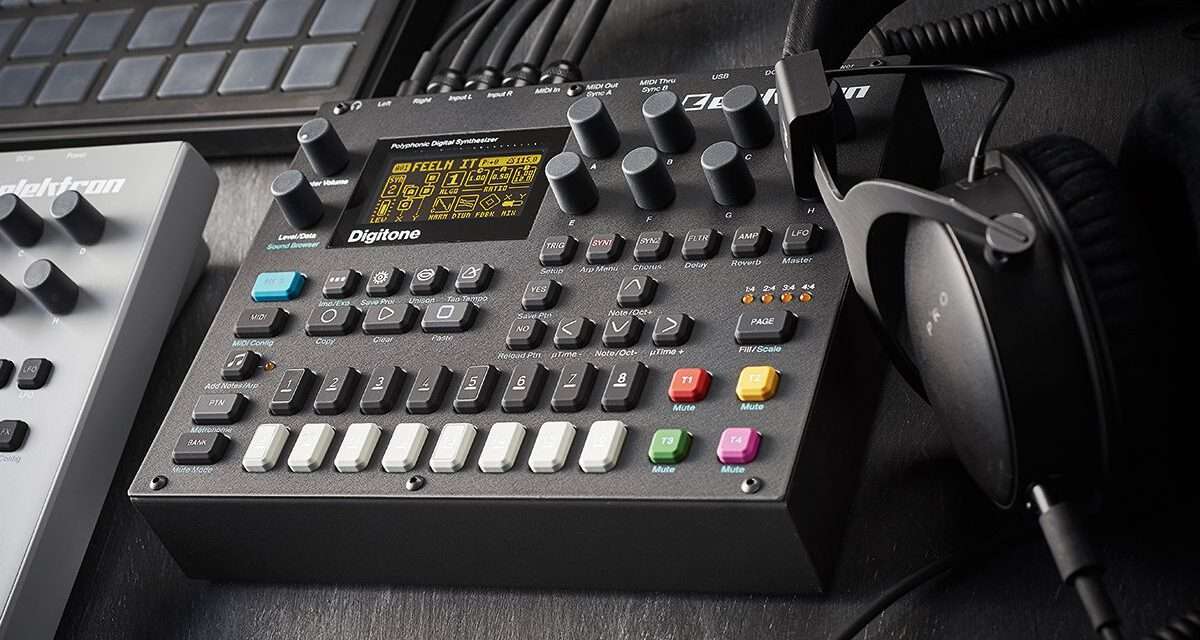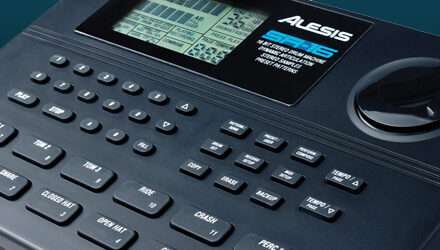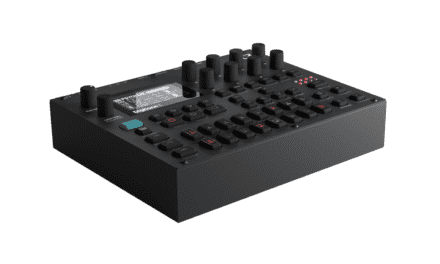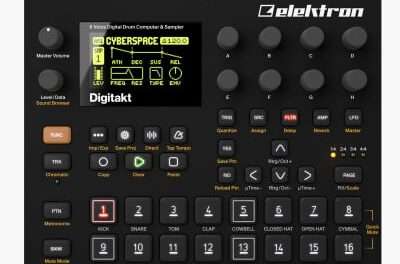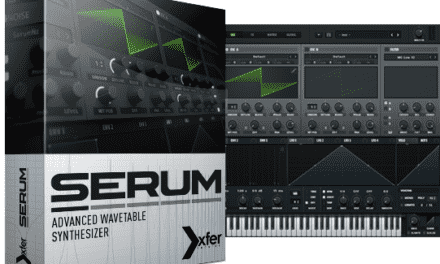When it comes to synthesizers, Elektron has a reputation for creating instruments that are as deep as they are intuitive. The Elektron Digitone Keys is no exception. As the keyboard-equipped sibling to the original Digitone, this machine takes everything that made the Digitone a modern classic and adds a full-sized, velocity-sensitive keyboard for expressive playability. But does it live up to the hype? In this review, we’ll dive into the features, sound, and workflow of the Digitone Keys to help you decide if it’s the right synth for your studio or stage.
First Impressions: Design and Build Quality
The Digitone Keys is a sleek, compact instrument that feels both modern and timeless. Its matte black finish and minimalist design are quintessentially Elektron, with a layout that’s easy to navigate once you get the hang of it. The 37-note keyboard is a standout feature, offering velocity and aftertouch sensitivity for expressive playing. The keys feel solid and responsive, making it a joy to play.
The build quality is excellent, as expected from Elektron. The encoders and buttons are sturdy, and the screen is bright and clear, providing all the information you need at a glance. Despite its compact size, the Digitone Keys feels like a professional-grade instrument that can handle the rigors of studio use and live performance.
Sound Design: FM Synthesis Made Accessible
At its core, the Digitone Keys is an FM synthesizer, but it’s far from the intimidating, menu-diving experience of classic FM synths like the Yamaha DX7. Elektron has streamlined the process, making it accessible even to those new to FM synthesis.
The Digitone Keys features a four-track, eight-voice engine, allowing you to create complex, evolving sounds with ease. Each track can host its own patch, and the synth’s interface makes it simple to tweak parameters like oscillator ratios, feedback, and envelopes. The addition of analog-style filters and overdrive adds warmth and grit to the otherwise pristine digital tones, giving you the best of both worlds.
From glassy pads and metallic bells to punchy basslines and percussive hits, the Digitone Keys is capable of a wide range of sounds. The effects section—featuring reverb, delay, and chorus—adds depth and space, making it easy to create lush, atmospheric textures.
Sequencing and Workflow: Elektron’s Signature Groove
One of the standout features of the Digitone Keys is its sequencer, which is a hallmark of Elektron’s instruments. The sequencer is incredibly powerful, offering parameter locks, conditional triggers, and micro-timing. This allows you to create intricate, evolving patterns that bring your sequences to life.
The step sequencer is intuitive and fun to use, with the ability to lock parameter changes to individual steps. This means you can create dynamic, evolving patterns without ever touching a knob during playback. Conditional triggers add another layer of complexity, allowing you to set conditions for when a step plays (e.g., every other time, or randomly).
The Digitone Keys also excels in live performance. The performance macros allow you to map multiple parameters to a single knob, making it easy to tweak sounds on the fly. The keyboard’s aftertouch adds an extra layer of expression, letting you modulate parameters in real time as you play.
Connectivity and Integration
The Digitone Keys is a versatile instrument that plays well with others. It features MIDI in/out and USB connectivity, making it easy to integrate with your DAW or other hardware. The CV/Gate outputs allow you to control modular gear, adding even more flexibility to your setup.
Elektron’s Overbridge software is another standout feature, providing seamless integration with your DAW. Overbridge allows for multi-track recording, parameter automation, and plugin control, making the Digitone Keys a powerful tool in the studio.
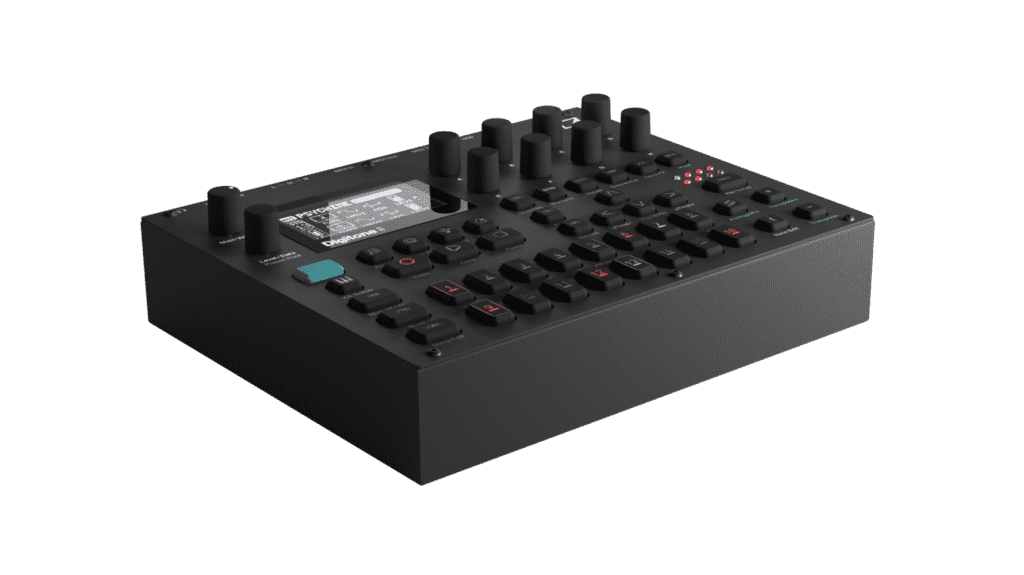
Pros and Cons
Pros:
- Intuitive interface makes FM synthesis accessible.
- Powerful sequencer with parameter locks and conditional triggers.
- Built-in keyboard with velocity and aftertouch sensitivity.
- Hybrid sound design with analog filters and digital FM synthesis.
- Compact and portable, with battery-powered option.
- Excellent build quality and design.
Cons:
- The learning curve can be steep for beginners.
- Limited to eight voices, which can be restrictive for complex arrangements.
- No built-in audio interface (requires Overbridge for multi-track recording).
Who Is the Digitone Keys For?
The Digitone Keys is ideal for a wide range of musicians and producers. If you’re a fan of FM synthesis or looking to explore it for the first time, this synth offers a user-friendly interface and deep sound design capabilities. Performers will appreciate the built-in keyboard and expressive features, while producers will love the powerful sequencer and Overbridge integration.
It’s also a great choice for those who want a versatile, all-in-one instrument for both studio and stage. Whether you’re creating lush ambient textures, driving techno grooves, or experimental soundscapes, the Digitone Keys has you covered.
Final Verdict: A Modern Classic
The Elektron Digitone Keys is a standout instrument that combines the best of FM synthesis with Elektron’s signature workflow and performance features. Its intuitive interface, powerful sequencer, and expressive keyboard make it a joy to use, whether you’re in the studio or on stage.
While it may have a learning curve for beginners, the effort is well worth it. The Digitone Keys is a versatile, inspiring instrument that rewards exploration and experimentation. If you’re looking for a modern synth that can do it all, the Digitone Keys should be at the top of your list.

